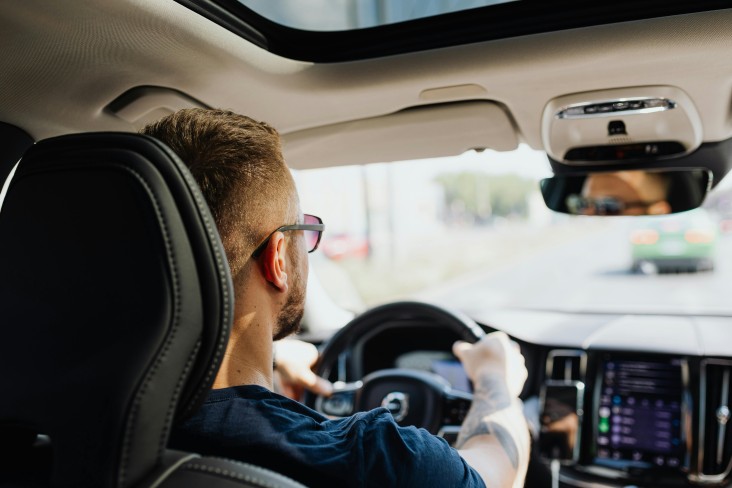The Supreme Court has dismissed Uber’s appeal to overturn the lower courts’ decisions that four of its drivers are employees. Uber has emailed all drivers, stating that “this ruling applies only to those four specific cases [the drivers who brought the case, represented by the Unions] and does not change your current status or how you earn and partner with Uber.” However, as the four drivers involved in the case have an arrangement with Uber that is indistinguishable from all other drivers in New Zealand, this is likely to have lasting impacts. The drivers were represented by E Tū and Workers First Union, who are in the process of quantifying the claims of the four drivers and will then engage with Uber to negotiate outcomes for other drivers.
Anita Rosentreter, deputy secretary for Workers First Union, has said that the Union is “operating on the basis that all drivers are employees and therefore are entitled to the rights and protections afforded by the Employment Relations Act”.
This has been a contentious area of law as long as the cases have crept through the court system, with the case first being heard in the Employment Relations Authority in 2021. However, it is not unlike the findings of courts in other countries, who have also found Uber drivers to be employees. The point of difference has been how each country’s government has responded to the ruling. As there are amendments currently before select committee in New Zealand, which will mean that Uber drivers in future will be categorised as independent contractors, there is no suggestion that the law will be applied retroactively. This means that people who are Uber drivers currently should be entitled to claim against Uber for minimum wage, holiday pay, sick leave and KiwiSaver contributions.
What should Uber drivers do next?
Representatives from Workers First Union are working with Uber to facilitate a claims negotiation pathway. The four drivers at the centre of the case will have their claims paid first, and a methodology for wider claims should then flow from there. Uber drivers should contact the Union advice on the next steps or, if you are not already a member of a union, register.
What does this mean for Uber in New Zealand?
There have been speculative murmurs surrounding this case that Uber will withdraw from New Zealand if they are required to pay workers full employment entitlements. However, several other countries have reached the same decision via their court systems, and Uber has continued to operate. In the same vein, it has not impacted pricing. In some cases, the relevant governments have introduced policy to respond to their court’s decision, as our government is currently working through.
What does this mean for businesses who engage independent contractors?
Much of the reporting about this case is bringing the discussion of employee vs independent contractor back into the spotlight. For businesses who engage independent contractors, it is likely that those workers will be reflecting on their own circumstances and considering whether that is an accurate portrayal of their working relationship. Businesses should seek advice on their independent contractor relationships to see what risks there are, and if there are any steps you can take to avoid a claim being raised while the law remains unclear.
We’re happy to discuss employment law any time, so if you would like to know more please feel free to contact us.

